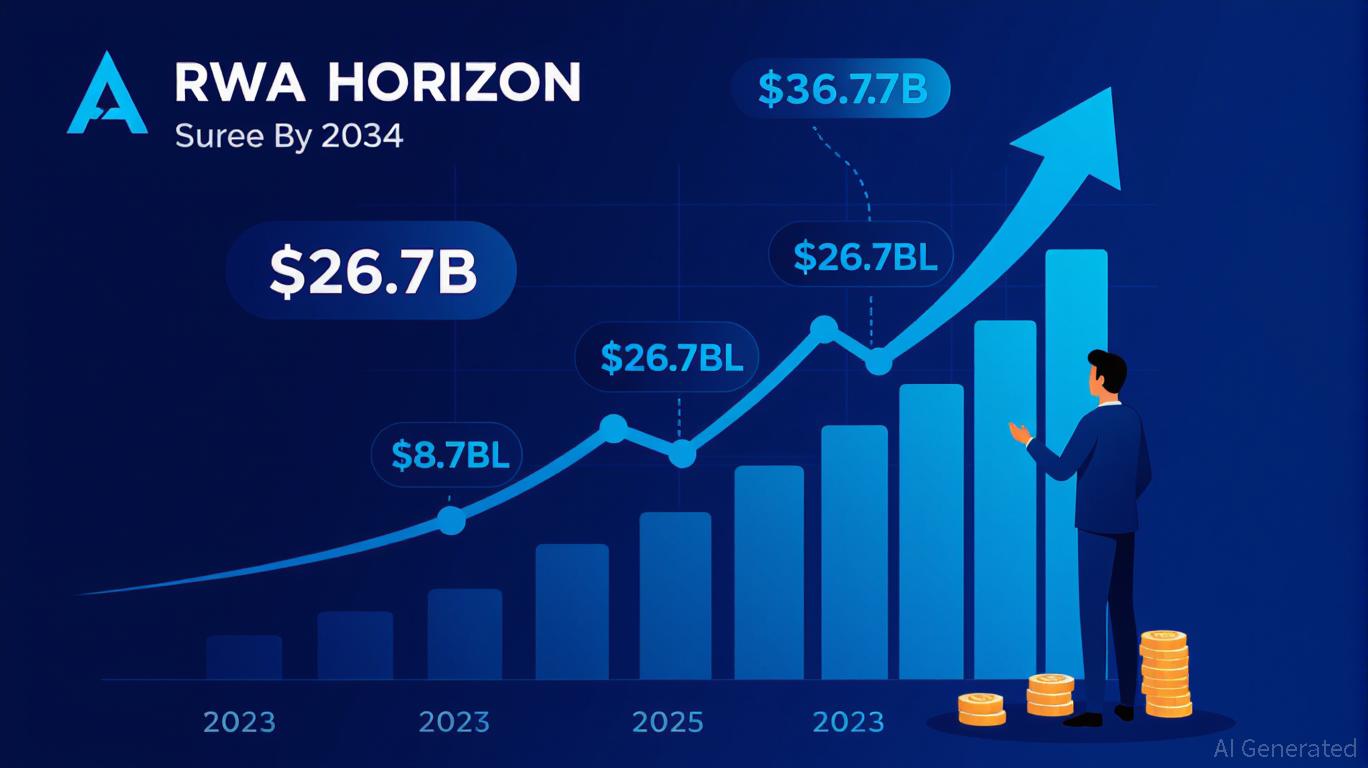British business leaders have less confidence in the UK’s economy than during the COVID-19 pandemic lockdowns. A new IoD survey shows that confidence in the government’s ability to foster growth is at a multi-decade low.
The survey found that sentiment about the UK economy dropped to minus 72 in July. That’s a steep drop from negative 53 in June. The reading was also slightly higher, excluding the COVID-19 lockdown in April 2020, at minus 69.
The IoD has been measuring economic confidence since 2016. July’s number is now the worst on record. Business figures from across the UK are voicing bemusement. Most say they do not think the government has a clear or effective plan for returning to growth.
Almost 85% of the 900 business leaders surveyed said they lack confidence in the government to jump-start the economy. More than two-thirds said they believed the government’s policies on the economy have been “very unsuccessful” to date.
The steep plunge in confidence is about more than just short-term uncertainty. Many executives see structural challenges pulling the economy lower.
Businesses extend confidence to new governments
This record low came just weeks after Prime Minister Keir Starmer and his Labour government came to serve in early July.
Labour had promised investment in growth, better public services, and pull factors to draw investment in. But more costs and little change are what business leaders say they are seeing so far.
The new government raised corporate taxes to finance its social and infrastructure programs. However, executives said the tax hikes added extra pressure on struggling businesses.
Anna Leach, head of economic analysis at the Institute of Directors, said they were now living with the economic scars of those tax increases. She added that many people were frustrated by how quickly the government had raised the cost of doing business, while being slow to improve the overall business environment.
In short, the private sector thinks it is paying more and getting nothing. The new government’s initial steps to shore up investor sentiment are also short. Many had anticipated a bounce in optimism after Labour won the election. Rather, confidence is sliding even further.
Hopes among businesses that trade, planning reforms, and regulation would become clearer had also been dashed.
Businesses cut back on growth plans
The crash in overall confidence is now also seeping into daily business activity. The IoD’s separate index, measuring confidence in company-level performance, also fell sharply — from +3 in June to -9 in July. That is the second-lowest reading since the data was introduced almost a decade ago.
Investment intentions have slumped. Firms are holding off on expansion, trimming budgets, and putting plans to take on more staff on hold.
Revenue and headcount growth expectations are also lower. In reality, many businesses now anticipate having to pay more wages and absorb more operating costs in the months ahead.
This follows the most recent S&P Global Purchasing Managers’ Index (PMI), which found growth in private sector activity slowed markedly in July.
Growth had been rolling in strongly during the first half of the year. But momentum is now flagging. More companies are cutting jobs, reducing hiring, and freezing new recruitment. Labour’s determination to hike up the payroll tax has not helped. The latter cites global uncertainty due to various issues – trade tensions, geopolitical events, supply chain indecision, and the like – as reasons to stay cautious.
Exporters are especially concerned. The IoD index of plans to export has turned negative for the first time since 2023. It’s a blow to Labour’s trade plans, which also involve making another effort to negotiate a deal with the United States.
A relatively bright spot in the distance of some optimistic diplomacy does little to assuage UK business fears of paralysis at home and the increasing global uncertainty that now makes even the risk-sensitive export sector more pessimistic than ever.




